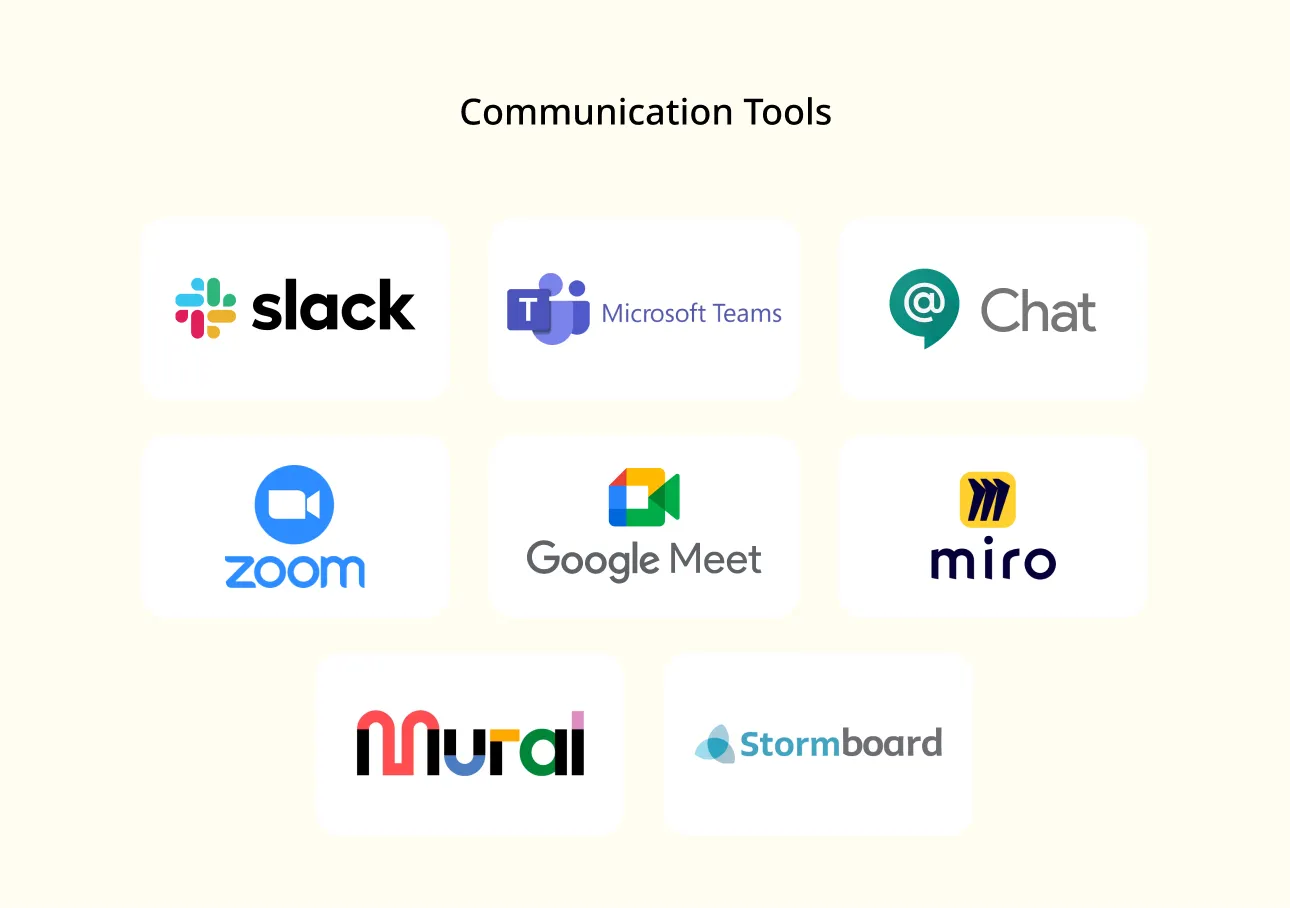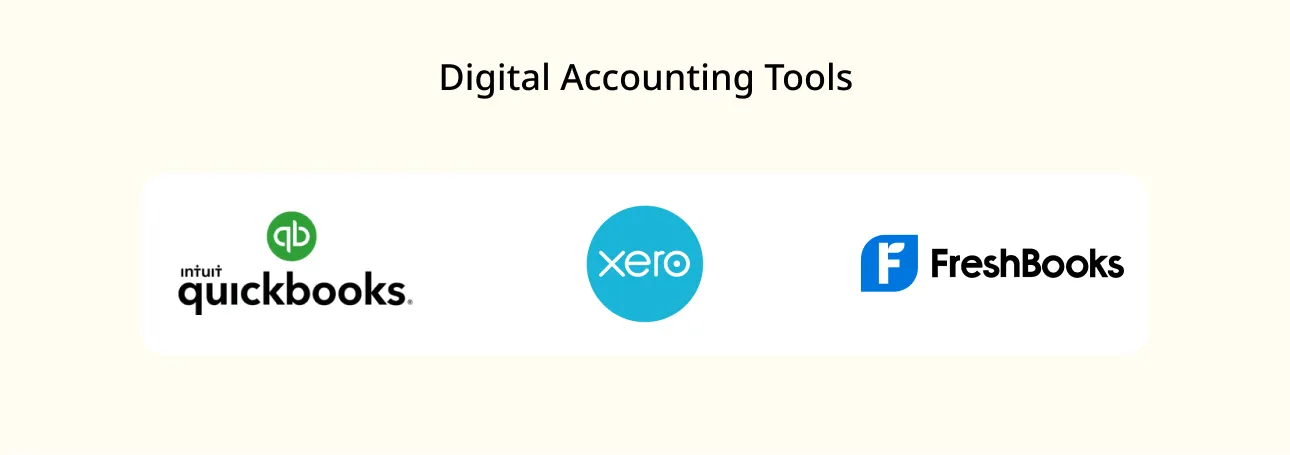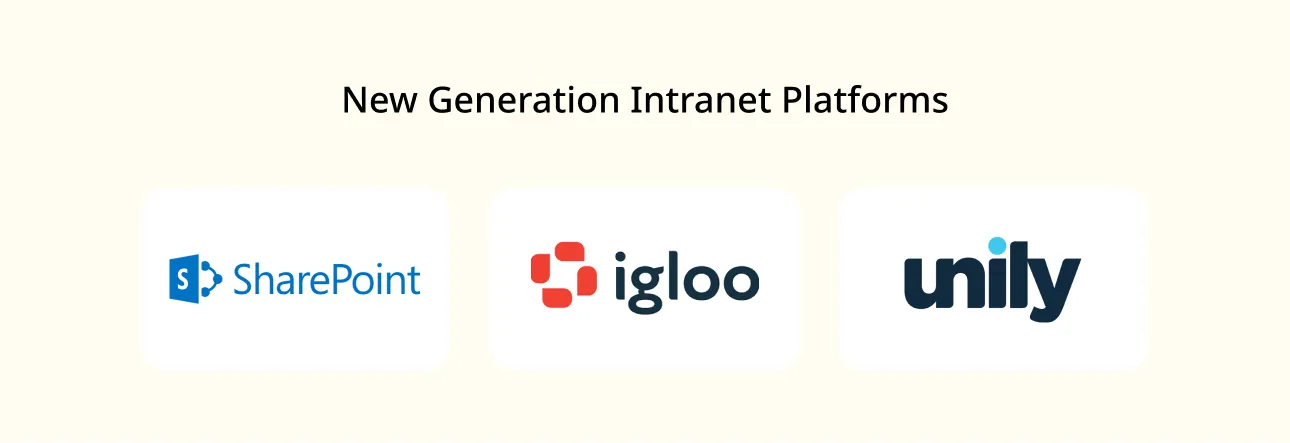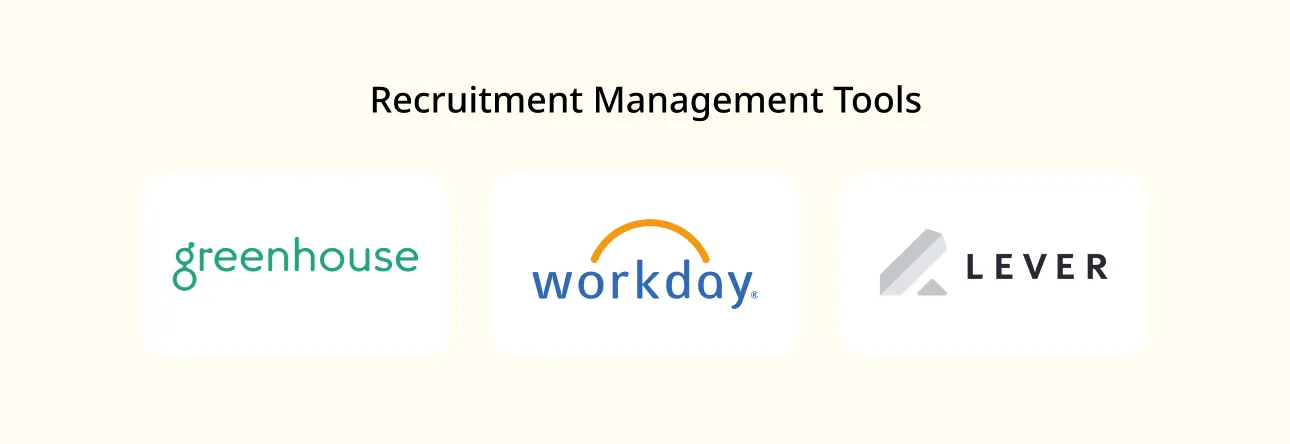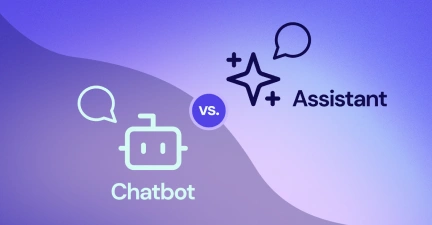As Bill Gates stated, “The world is evolving amazingly fast because of digital technology.”
Adopting digital transformation is necessary for modern businesses. It drives enterprises to rethink their strategies and operations or risk being left behind.
Gartner reports that 56% of CEOs believe digital improvements have increased revenue. However, navigating the complex digital transformation journey for businesses can be challenging.
This comprehensive guide is a strategic toolkit that equips businesses with essential insights, frameworks, and best practices for seamlessly integrating digital technologies across all operations.
This post empowers organizations to unlock the full potential of digital transformation for businesses, from understanding the fundamentals to developing a tailored roadmap, implementing initiatives, and measuring success.
It ensures businesses can confidently kickstart their digital transformation journey, fostering innovation, increasing customer experiences, and driving operational excellence.
Let’s find out!
Understanding Digital Transformation
Digital transformation entails seamlessly integrating digital technologies across all facets of business operations to fundamentally change how the company operates and delivers value to customers.
It involves rethinking and redesigning processes, products, services, and business models to leverage the opportunities presented by emerging technologies.
Digital transformation has been an ongoing process for years. However, many businesses fail to capitalize the digital tools and follow the right process to get desired results effectively.
Although companies understand that digitization is necessary today, they fear implementing it due to a lack of resources or other reasons. However, the companies that have adopted digitization appreciate its importance and have reached their targeted audience.
Harness the power of digital innovation to drive meaningful change and deliver tangible results.
Using tools for digital transformation can be beneficial in many ways. It enables organizations to:
- better time management
- increased ROI
- faster time-to-market
- enhanced communication and collaboration
- boost digital adoption
- customer retention
- new sales opportunities, and more.
By understanding the significance of digital transformation, businesses can better prioritize and align their transformation efforts with their strategic objectives.
Also Read: Industry 5.0: How IT Is Transforming the Manufacturing Landscape
Digital Transformation Toolkit
As Steve Jobs rightly said: “Innovation is the ability to see change as an opportunity – not a threat.”
Following this mindset is pivotal when planning a digital transformation journey for businesses.
Dodging the complexities of digital transformation for businesses can be a daunting task. To streamline this process, our comprehensive digital transformation toolkit offers a strategic roadmap tailored to your organization’s unique needs.
1. Communication Tools
Efficient communication is the foundation for every thriving business endeavor. Digital communication tools have revolutionized how best IT outsourcing services teams interact and collaborate. These tools facilitate real-time interactions, enabling seamless collaboration across geographical boundaries. Examples include:
1. Instant Messaging Platforms: Tools like Slack, Microsoft Teams, and Google Chat enable instant messaging, file sharing, and team collaboration within a unified platform. They provide channels for project-specific discussions, direct messaging, and integration with other productivity tools.
2. Video Conferencing Software: Solutions like Zoom, Google Meet, and Microsoft Teams enable face-to-face virtual meetings, screen sharing, and real-time collaboration. These tools are essential for remote teams, client presentations, and virtual events.
3. Virtual Whiteboarding Tools: Platforms like Miro, Mural, and Stormboard facilitate virtual brainstorming sessions, visual collaboration, and ideation. Team members can simultaneously contribute ideas, sketches, and diagrams, fostering creativity and innovation.
By leveraging these communication tools, businesses can break down barriers, streamline communication, and foster a culture of transparency and collaboration, driving digital transformation for businesses.
Also Read: How Artificial Intelligence Is Redefining Success Of Digital Transformation Strategies?
2. CRM Tools
Customer Relationship Management (CRM) tools are essential for enhancing customer experience enhancement and optimizing sales and marketing strategies. These tools provide a streamlined platform to manage customer interactions, track leads, and analyze customer data. Examples include:
- Salesforce: A leading CRM platform offering comprehensive solutions for sales, marketing, customer service, and analytics. It gives a complete view of customer interactions and guides data-driven decisions.
- HubSpot: It is a comprehensive CRM platform integrating marketing, sales, and customer service capabilities. It offers lead management, email marketing, and analytics features to nurture and convert leads effectively.
- Zoho CRM: This is a versatile CRM solution with customizable modules for sales, marketing, customer support, and inventory management. It offers robust analytics and automation capabilities.
Businesses can attain valuable insights into customer behavior, preferences, and pain points by leveraging advanced data analytics capabilities within CRM tools.
This helps them deliver personalized experiences, optimize their sales and marketing strategies, and drive revenue growth and customer loyalty.
3. CMS Tools
Content Management Systems (CMS) are essential for businesses to streamline the creation, management, and publication of digital content efficiently. These tools enable seamless collaboration, version control, and content scheduling, ensuring a consistent and engaging digital presence across multiple channels. Examples include:
- WordPress: A popular open-source CMS platform used by millions of websites worldwide. It offers an extensive plugin ecosystem, a user-friendly interface, and customization options.
- Drupal: A flexible and secure CMS platform suitable for large enterprises and complex websites. It provides robust content management, user permissions, and multilingual capabilities.
- Adobe Experience Manager (AEM): A comprehensive enterprise-level CMS solution that offers content management, digital asset management, and personalization features for delivering exceptional customer experiences.
By leveraging CMS tools, businesses can streamline their content creation processes, improve their online visibility, and deliver a cohesive brand experience across various digital channels, driving digital transformation for businesses.
Discover how ValueCoders can help your business overcome obstacles and leverage digital technologies.
4. Cloud Storage
Cloud storage solutions offer scalable and secure data storage options, enabling businesses to store, access, and share critical data from anywhere, at any time.
By implementing cloud computing services, organizations can reduce reliance on physical infrastructure, improve data accessibility, and enhance collaboration among remote teams, driving agility and operational efficiency. Examples include:
- Google Drive: It is a cloud-based storage and file-sharing service offered by Google. It helps users to store, access, and collaborate on files from any device with an internet connection.
- Dropbox: Another popular cloud storage and file-sharing platform enabling users to securely store and sync files over multiple devices and share them with others.
- Microsoft OneDrive: A cloud storage service integrated with Microsoft Office 365, allowing users to store, access, and share files from anywhere and collaborate on documents in real-time.
By adopting cloud storage solutions, businesses can streamline data management, ensure data accessibility, and facilitate seamless collaboration among remote teams, ultimately driving digital transformation for businesses.
5. Project Management Tools
In the digital era, project management tools are essential for streamlining workflows, tracking progress, and ensuring successful project execution. These tools facilitate agile practices, enabling teams to adapt to changing requirements, prioritize tasks, and collaborate effectively. Examples include:
- Jira: It is a powerful project management tool widely used in the software development industry. It supports agile methodologies like Scrum and Kanban, offering issue tracking, roadmaps, and reporting features.
- Trello: A visual project management tool using the Kanban board approach. It allows teams to organize tasks, assign responsibilities, and track progress through customizable boards and cards.
- Asana: A versatile project management platform with features like task management, calendars, timelines, and collaboration tools. It supports various project management methodologies and integrates with other popular tools.
By leveraging expert software consulting services and project management tools, businesses can optimize resource allocation, mitigate risks, and deliver projects on time and within budget, driving digital transformation for businesses and fostering agile practices.
6. Digital Accounting Tools
Digital accounting tools automate financial processes, enabling businesses to manage invoicing, bookkeeping, and financial reporting with increased accuracy and efficiency.
These tools leverage automation solutions and data analytics capabilities to provide real-time financial insights, streamline compliance processes, and support data-driven decision-making, empowering businesses to make informed strategic choices. Examples include:
- QuickBooks: It is a widely used accounting software that offers features for invoicing, expense tracking, payroll management, and financial reporting. It integrates with various banking and payment platforms.
- Xero: A cloud-based accounting platform providing real-time financial visibility, automated bank feeds, and multi-currency support, making it suitable for businesses with global operations.
- FreshBooks: A user-friendly accounting solution designed for small businesses and freelancers. It simplifies invoicing, time tracking, expense management, and project profitability tracking.
By implementing digital accounting tools, businesses can streamline financial processes, ensure accurate bookkeeping, and gain valuable insights into their financial performance, enabling data-driven decision-making and driving digital transformation for businesses.
Also Read: Measuring Success In Digital Transformation: Key Metrics And Indicators
7. Collaborative Suites
Collaborative suites, such as Office 365 or G Suite, offer a comprehensive suite of productivity tools, including word processors, spreadsheets, presentation software, and cloud storage. These tools facilitate seamless collaboration, document sharing, and real-time co-editing, enabling teams to work together efficiently, regardless of physical location. Examples include:
- Microsoft Office 365: It is a cloud-based productivity suite including Word, Excel, Outlook, PowerPoint, OneNote, and OneDrive. It offers real-time collaboration, version control, and integration with other Microsoft services.
- Google Workspace (formerly G Suite): A suite of cloud-based productivity tools, including Gmail, Google Docs, Sheets, Slides, and Drive. It enables real-time collaboration, document sharing, and integration with other Google services.
- Zoho Workplace: A comprehensive suite of online productivity tools, including word processing, spreadsheets, presentations, email, and chat. It offers seamless collaboration and integration with Zoho’s CRM and other business applications.
By leveraging collaborative suites, businesses can foster a culture of collaboration, improve team productivity, and streamline document management processes, ultimately driving digital transformation for businesses.
Elevate your business with our proven expertise, empowering you to innovate, and thrive in the digital age.
8. New Generation Intranet Platforms
Modern intranet platforms are centralized hubs for internal communication, knowledge sharing, and employee engagement. These platforms foster community, facilitate cross-functional collaboration, and provide easy access to company resources, policies, and updates. By implementing a robust intranet platform and data analytics consulting services, businesses can enhance internal communication, improve knowledge management, and cultivate a more engaged and productive workforce. Examples include:
- SharePoint: A widely used intranet platform from Microsoft that offers document management, team collaboration, and content publishing capabilities. It integrates with various Microsoft products effortlessly and can be tailored to suit unique business requirements.
- Igloo Software: A modern intranet solution that provides a social collaboration platform, knowledge management tools, and personalized employee experiences. It offers mobile accessibility and integrates with various business applications.
- Unily: A comprehensive intranet and digital workplace platform that combines communication, collaboration, and knowledge management features. It offers a user-friendly interface, personalization capabilities, and integration with various systems.
Also read: Agile Software Development Is Best For Modern Businesses
By implementing recruitment management tools, businesses can streamline their hiring processes, reduce administrative burdens, and make data-driven decisions for attracting and retaining top talent. This will ultimately drive organizational success and digital transformation for businesses.
9. Recruitment Management Tools
Recruitment management tools simplify the hiring process, covering everything from the job posting and candidate sourcing to applicant tracking and onboarding. These tools leverage automation solutions and data analytics to optimize recruitment efforts, reducing time-to-hire and ensuring a positive candidate experience.
By leveraging these tools, businesses can attract top talent, improve hiring decisions, and enhance their employer brand. Examples include:
- Greenhouse: A comprehensive applicant tracking system (ATS) that offers job posting, candidate sourcing, interview scheduling, and onboarding capabilities. It offers robust analytics and reporting features to track key recruitment metrics.
- Workday: A cloud-based human capital management (HCM) solution that includes recruitment, onboarding, performance management, and learning management modules. It offers advanced analytics and customizable workflows.
- Lever: A modern recruitment platform that combines applicant tracking, sourcing, and analytics capabilities. It provides a user-friendly interface and integrates various job boards and sourcing channels.
By implementing recruitment management tools, businesses can streamline their hiring processes, reduce administrative burdens, and make data-driven decisions for attracting and retaining top talent. This will ultimately drive organizational success and digital transformation for businesses.
Also Read: The Role of Digital Transformation in Product Engineering
10. Payroll Management Tools
Payroll management tools automate the complex and time-consuming process of calculating employee compensation, tax deductions, and benefit contributions. These tools ensure accurate and timely payroll processing, reducing error risk and compliance issues.
By integrating payroll management tools, businesses can improve operational efficiency, ensure regulatory compliance, and enhance employee satisfaction through reliable and transparent payroll processing. Examples include:
- ADP Workforce Now: A comprehensive payroll and human capital management solution that offers payroll processing, time and attendance tracking, and compliance management features. It integrates with various accounting and HR systems.
- Gusto: A user-friendly payroll and HR platform designed for small businesses. It simplifies payroll processing, tax filing, and compliance while offering employee self-service capabilities.
- Paychex Flex: A cloud-based payroll and HR solution that offers payroll processing, tax administration, and employee self-service features. It provides robust reporting and analytics capabilities.
By implementing payroll management tools, businesses can streamline payroll processes, ensure accurate calculations, and maintain compliance with ever-changing labor laws and regulations, ultimately improving operational efficiency and enhancing employee satisfaction.
This toolkit is a powerful resource, empowering businesses to unlock the full potential of digitalization strategies.
It encompasses many tools, frameworks, and best practices to foster technology adoption, drive business innovation, and facilitate seamless cloud integration.
Through our digital transformation services, you’ll gain expert team access who will guide you through every step of the process. Our outsourced software product development capabilities ensure your digital initiatives are executed precisely and efficiently.
Additionally, our best IT outsourcing services provide you with the flexibility to leverage cutting-edge technologies and skilled resources on-demand, enabling you to stay ahead of the competition.
Whether you need digital consulting services to assess your organization’s readiness, expert software consulting services to architect scalable solutions, or enterprise software development services to build robust, future-proof applications, our toolkit has you covered.
Trust ValueCoders to drive innovation and efficiency in your operations.
By leveraging our comprehensive suite of offerings, you’ll be equipped with the tools and expertise necessary to overcome digital transformation complexities with confidence, driving sustainable growth and competitive business advantage.
Summing Up
This comprehensive guide has covered the essential elements of digital transformation in detail, equipping you with the knowledge and insights to navigate this transformative journey successfully.
Key Takeaways:
- Understand the fundamental drivers of digital transformation and its significance for modern businesses.
- Assess your organization’s readiness and develop a tailored digital transformation strategy.
- Implement initiatives effectively by leveraging best practices, methodologies, and cutting-edge tools.
- Measure and optimize your digital transformation efforts through continuous monitoring and feedback loops.
By adopting digital transformation in your businesses, you can enhance customer experiences, drive operational efficiency, foster innovation, and gain a competitive edge in your industry.
Ready to begin your digital transformation journey? ValueCoders offers a comprehensive suite of cloud application development services, data analytics services, and software development outsourcing services to support you every step of the way.
Our experts are committed to helping businesses like yours navigate the complexities of digital transformation and achieve sustainable growth.
Take the first step towards a digitally transformed future – connect with us today!


